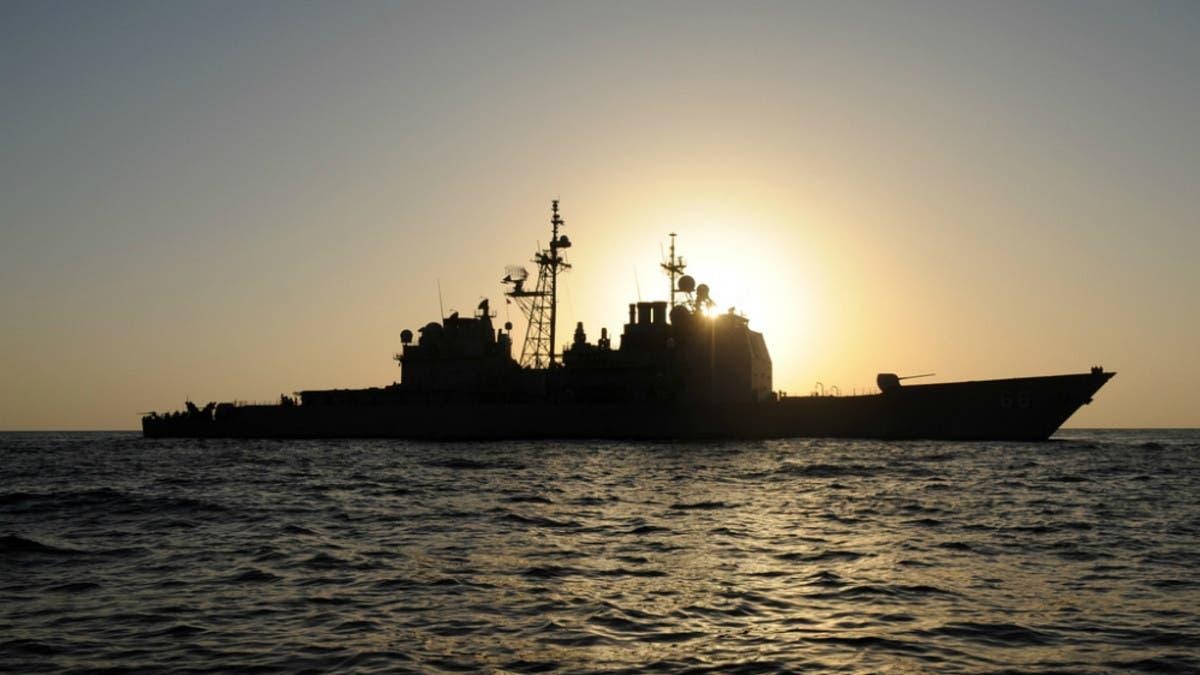European Operation Commander: Repelling Houthi attacks requires a doubled fleet


The commander of the European operation said that the naval force deployed by the European Union to protect ships in the Red Sea needs to be increased by more than double; Due to the escalation of attacks launched by the Iranian-backed Houthi rebels.
Four European Union ships have been patrolling the waters off the coast of Yemen since last February.
Since it has provided "close assistance" to 164 ships, shot down more than a dozen drones, and destroyed four anti-ship missiles, the operation's commander, Admiral Vassilios Greparis, said in an interview on Wednesday.
The Houthis, based in Yemen, began attacking ships last year to put pressure on Israel and its allies regarding the war in the Gaza Strip.
Their campaign has disrupted global shipping, forcing many ships to sail thousands of miles around South Africa as a result, despite the EU operation and the US and British bombing, which began in January.
Admiral Greparis said that last month's warning by the Houthi group, which is based in Yemen, that it would target ships owned by companies docked in Israel, increased the risks for commercial shippers.
He was in Brussels this week to lobby for additional resources.
He added: “We don't have a lot of assets and the whole area we have to cover is huge.”
He added: “I am pressuring all member states to provide more assets.”
The US Navy maintains an aircraft carrier strike group in the region, including the aircraft carrier USS Dwight Eisenhower, and three warships, according to military.com.
Last week, militants hit the Tutor, a coal-carrying ship, with a piloted boat at sea, killing a Filipino crew member. The ship sank on Thursday.
US and British bombing campaigns failed to stop the attacks and instead led to ships associated with both countries being frequently targeted.
The Houthis have warned of an expanded operation to attack ships in the Mediterranean, although they have not shown evidence of their ability to strike ships far away.
Admiral Greparis said that the EU mission has a defense mandate, and any increase in the size of its fleet, which patrols the Red Sea, would be to enable the force to expand its geographical scope rather than adopting a more confrontational stance.
He said: “We do not believe that striking the Houthis may solve the problem.”
He added: “Some other countries tried similar measures a few years ago, and some other countries are still doing so, and we see that they do not contribute to solving the problem.”
The limited number of ships at its disposal (Operation Aspids) has been confined to a small part of the southern Red Sea, near the Bab al-Mandab Strait between Yemen and Djibouti, a chokepoint where ships are particularly vulnerable to attacks.
Griparis added: “There are about 40 or 50 ships going up and down the strait every day, so they need a large number of ships to be able to provide accompanying protection.”
He continued: “There are cases in which we are unable to provide this close protection, but we are trying to deal with this quantity of ships.”
The current mandate for Operation Aspids expires in February 2025, although Greparis said he expects it to be extended.
Spokesmen for the European Union's Foreign Service did not respond to an emailed request for comment on this topic.